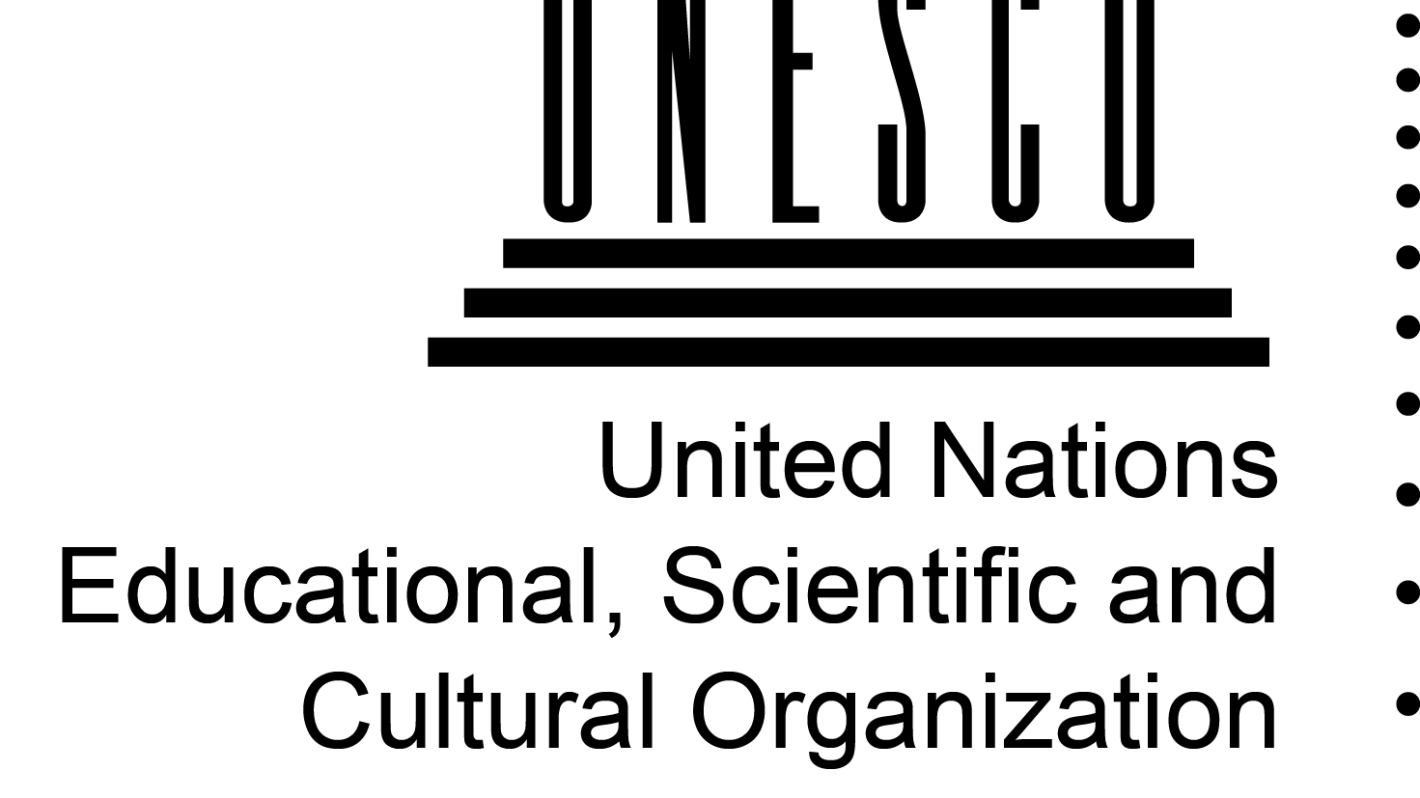Madrid, Spain – 30 July 2015 – In discussions facilitated by UNESCO and the Ministry of Foreign Affairs and Cooperation of Spain, senior managers and owners from ten Libyan media outlets, including television, print, radio and online media based both inside the country and in the region have jointly approved the “Madrid Declaration: Towards Professional Media: The Role of Libyan Media and its Responsibility in Times of Crises” (copy of which is attached to this report). The intent of the Declaration is to proclaim publicly and forcefully their commitment to work together to reform the Libyan media landscape with a view to adherence to professional norms and standards.
The document, elaborated over four days of intensive discussions and consultations, outlines a comprehensive set of principles to which the signatories agree to abide. It recognizes the key role played by the media in society, especially at this difficult time, and affirms their commitment to promote freedom of expression, responsible journalism and the absolute rejection of all forms of hate speech and incitement to violence. The document calls on all Libyan media colleagues to join the effort to develop “a unifying national vision for media”.
“This has been a technical meeting in which we have had technical discussions around key challenges facing the media,” stated Michael Croft, UNESCO Representative to Libya, “But the significance of your commitment is clear; in declaring your intention to foster a national vision for the media, to reject hate speech and foster professional practice, you have sent a very strong signal that the Libyan media are ready to play their part in the search for peace.”
“Journalists and media owners are very important for reconciliation in the Libyan political process facilitated by the United Nations,” affirmed Eva Martinez Sanchez, Director of Magreb Region in the Spanish Ministry of Foreign Affairs and Cooperation. “And the Madrid Declaration is a very good step that contributes to build consensus amongst Libyan society.”
Hassan El Amin, editor-in-chief of Libya's Almostaqbal news website, said: "The significance of the Declaration lies in its coming at a time when we need a professional and ethical obligation in the way we are dealing with the Libyan crisis." He added: "This is a pledge to re-examine our editorial policy and correct the errors. We will strive to make our news coverage to go side by side with this declaration."
Khalid Albahlool, owner of Tobactus radio and television network, said: "This is a first step in the right direction to establish a road map for the Libyan media that suffered during the last four years from confusion and intellectual and political bickering in which each side sought to exclude the other." He added: "The next step is to form an independent legal body that regulates and codifies the media sector".
The workshop has been implemented by the UNESCO Tripoli Project Office in partnership with Spain’s Ministry of Foreign Affairs and Cooperation, and the Organization’s contribution has been made possible through the generous support of the Government of Finland. It is part of UNESCO’s efforts to reinforce the capacity of Libyan media to contribute to reconciliation and promote conflict-sensitive reporting.
(Original Arabic) Madrid Declaration :Towards Professional Media: The Role of Libyan Media and its Responsibility in Times of Crises
(English unofficial translation) Madrid Declaration :Towards Professional Media: The Role of Libyan Media and its Responsibility in Times of Crises
For more information please contact:
Raja’a El Abasi, Program Officer, UNESCO
r.el-abasi@unesco.org
+216 71 655 000
The document, elaborated over four days of intensive discussions and consultations, outlines a comprehensive set of principles to which the signatories agree to abide. It recognizes the key role played by the media in society, especially at this difficult time, and affirms their commitment to promote freedom of expression, responsible journalism and the absolute rejection of all forms of hate speech and incitement to violence. The document calls on all Libyan media colleagues to join the effort to develop “a unifying national vision for media”.
“This has been a technical meeting in which we have had technical discussions around key challenges facing the media,” stated Michael Croft, UNESCO Representative to Libya, “But the significance of your commitment is clear; in declaring your intention to foster a national vision for the media, to reject hate speech and foster professional practice, you have sent a very strong signal that the Libyan media are ready to play their part in the search for peace.”
Hassan El Amin, editor-in-chief of Libya's Almostaqbal news website, said: "The significance of the Declaration lies in its coming at a time when we need a professional and ethical obligation in the way we are dealing with the Libyan crisis." He added: "This is a pledge to re-examine our editorial policy and correct the errors. We will strive to make our news coverage to go side by side with this declaration."
Khalid Albahlool, owner of Tobactus radio and television network, said: "This is a first step in the right direction to establish a road map for the Libyan media that suffered during the last four years from confusion and intellectual and political bickering in which each side sought to exclude the other." He added: "The next step is to form an independent legal body that regulates and codifies the media sector".
The workshop has been implemented by the UNESCO Tripoli Project Office in partnership with Spain’s Ministry of Foreign Affairs and Cooperation, and the Organization’s contribution has been made possible through the generous support of the Government of Finland. It is part of UNESCO’s efforts to reinforce the capacity of Libyan media to contribute to reconciliation and promote conflict-sensitive reporting.
(Original Arabic) Madrid Declaration :Towards Professional Media: The Role of Libyan Media and its Responsibility in Times of Crises
(English unofficial translation) Madrid Declaration :Towards Professional Media: The Role of Libyan Media and its Responsibility in Times of Crises
For more information please contact:
Raja’a El Abasi, Program Officer, UNESCO
r.el-abasi@unesco.org
+216 71 655 000


